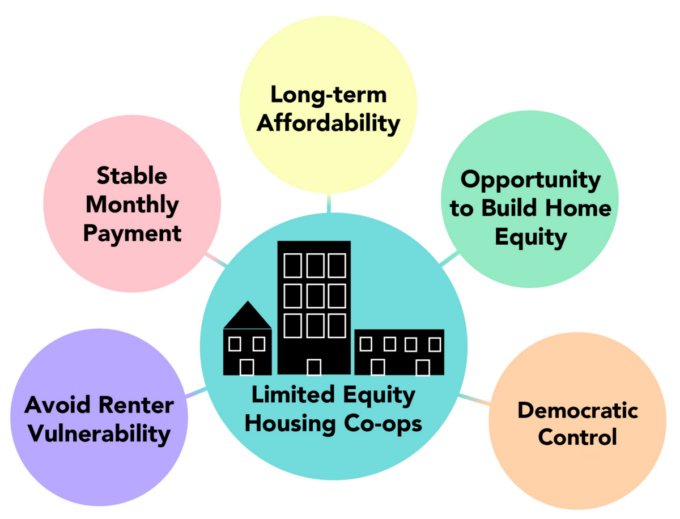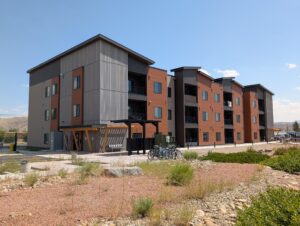Understanding Cooperative Housing: A Model for Housing Affordability
What is Cooperative Housing?
Cooperative housing is a unique ownership model where residents collectively own and manage their housing community. Unlike traditional homeownership or rental agreements, members buy shares in the cooperative corporation, which gives them the right to live in a unit and a say in managing the property. This structure reduces housing costs by eliminating profit-driven landlords and pooling resources for maintenance and management.

How Cooperative Housing Supports Affordability
By sharing ownership and operational responsibilities, cooperative housing reduces upfront costs and ongoing expenses. Members benefit from lower housing payments since cooperatives operate on a cost basis. They also avoid the price volatility associated with traditional real estate markets, making it an effective tool for creating long-term housing stability and affordability.
Responsibilities and Benefits for Residents
Residents in cooperative housing actively participate in managing their community. Responsibilities include attending meetings, voting on decisions, and sometimes contributing to maintenance or administrative tasks. This model fosters a sense of community, shared responsibility, and transparency. Economically, residents build equity through their shares while enjoying affordable housing.
Setting Up a Cooperative Housing Project
- Form a Group: Assemble a group of interested individuals committed to the cooperative model.
- Secure Financing: Obtain funding through grants, loans, or cooperative-focused organizations.
- Acquire Property: Purchase or lease property suitable for housing.
- Draft Governing Documents: Develop bylaws and agreements outlining roles, responsibilities, and decision-making processes.
- Legal Registration: Register as a cooperative corporation to formalize the structure.
Developers face risks such as financial uncertainty, difficulty obtaining financing, and regulatory challenges. However, partnerships with experienced cooperative organizations can mitigate these risks.
The National Association of Housing Cooperatives, USA offers resources for cooperative housing development and management (visit NAHC for more details)
Cooperative housing embodies a community-driven solution to housing affordability, offering economic and social benefits while promoting sustainable living. The design for these projects can vary from traditional residential multifamily design to unique buildings that can address specific needs of the community. Contact EVstudio now to discuss if Cooperative Housing is appropriate for your affordable housing development program and how to get the most out of the design for the least construction cost.










